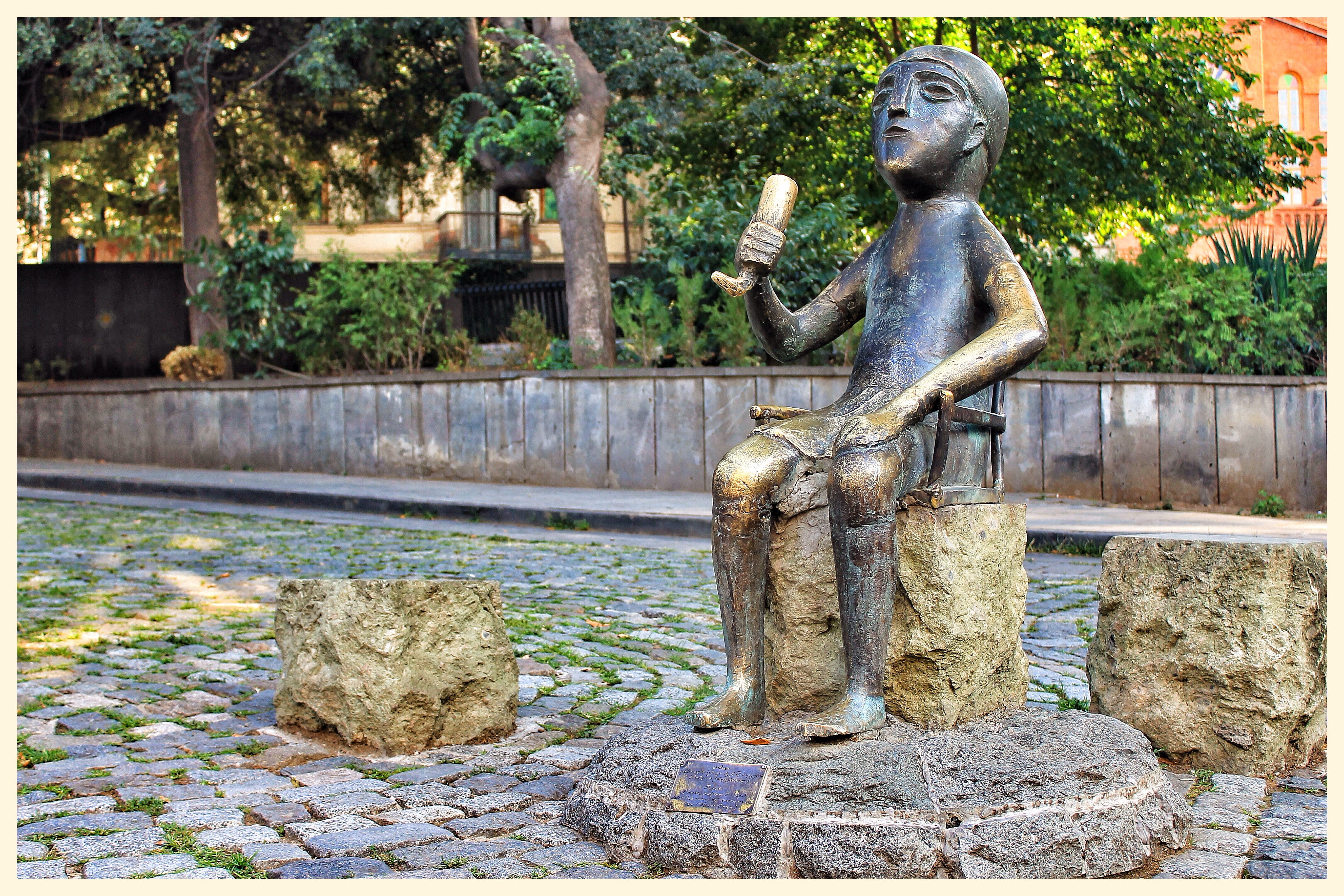|
Keipi
A Keipi ( ka, ქეიფი) or festivity ''supra'' is a traditional banquet feast in Georgia. History In ancient Georgia, a ''keipi'' would be held in the spring for all the village to attend. The women of the village would ensure that the food was constantly replenished as a ''tamada'', or toastmaster, gives a toast. Tradition would have that no one could touch their wine bowl until the toast was finished. Rules and habits In his book, ''Vintage: The Story of Wine'', Hugh Johnson notes that at some ''keipi'' there may be 20 or more toasts, with spaces between to ensure that no one gets overly intoxicated since the constant threat of invasion called for everyone in the village to be sober enough to fight. He goes on to mention that "''The Georgian custom is to drain the wine bowl, then throw away the last drops. They are the number of your enemies.''" Hugh Johnson, ''Vintage: The Story of Wine'' pg 15. Simon and Schuster 1989 A tamada arranges breaks from time to time. T ... [...More Info...] [...Related Items...] OR: [Wikipedia] [Google] [Baidu] |
Culture Of Georgia (country)
The culture of Georgia has evolved over the country's long history, providing it with a unique national identity and a strong literary tradition based on the Georgian language and alphabet. This strong sense of national identity has helped to preserve Georgian distinctiveness despite repeated periods of foreign occupation. Although Georgia is a largely traditional society, its culture continues to undergo changes in the 21st century. For example, Georgia is one of the first countries in the world to legalize cannabis for both recreational and medical use. Culture of Ancient and Old Georgia The Georgian alphabet is traditionally said to have been invented in the 3rd century BC and reformed by King Parnavaz I of Iberia in 284 BC. Most modern scholarship puts its origin date at some time in the 5th century AD, when the earliest examples can be found. Georgia's medieval culture was greatly influenced by Eastern Orthodox Christianity and the Georgian Orthodox and Apostolic Church, ... [...More Info...] [...Related Items...] OR: [Wikipedia] [Google] [Baidu] |
Pirosmani , Georgia
{{Disambiguation, surname ...
Pirosmani may refer to: *Niko Pirosmani (1862–1918), Georgian painter * ''Pirosmani'' (film), a 1969 Soviet biographical film about the painter *Pirosmani, an administrative unit of Dedoplistsqaro Municipality Dedoplistskaro or Dedoplistsqaro ( ka, დედოფლისწყაროს მუნიციპალიტეტი, 'Queen's spring') is a municipality of Georgia, in the region of Kakheti. Dedoplistskaro municipality is bordered on th ... [...More Info...] [...Related Items...] OR: [Wikipedia] [Google] [Baidu] |
Supra (feast)
A supra (Georgian: სუფრა ) is a traditional Georgian feast and a part of Georgian social culture. There are two types of supra: a festive supra (ლხინის სუფრა, ), called a ''keipi;'' and a sombre supra (ჭირის სუფრა, ), called a ''kelekhi'', which is always held after burials. The traditions of ''supra'', as an important part of Georgian social culture, were inscribed on the Intangible Cultural Heritage of Georgia list in 2017. Traditionally, and for many Georgians, up to the present, the foregrounded participants at a supra are men, with women relegated to secondary, supporting roles (especially as far as food preparation is concerned). Etymology In Georgian, "supra" literally means "table-cloth" and, over centuries, it has become essentially synonymous with feasts where a large table is ordinarily set. The word for "table-cloth" itself is likely related to the Persian word ''sofre'', although it does not have the same connota ... [...More Info...] [...Related Items...] OR: [Wikipedia] [Google] [Baidu] |
Georgia (country)
Georgia (, ; ) is a transcontinental country at the intersection of Eastern Europe and Western Asia. It is part of the Caucasus region, bounded by the Black Sea to the west, by Russia to the north and northeast, by Turkey to the southwest, by Armenia to the south, and by Azerbaijan to the southeast. The country covers an area of , and has a population of 3.7 million people. Tbilisi is its capital as well as its largest city, home to roughly a third of the Georgian population. During the classical era, several independent kingdoms became established in what is now Georgia, such as Colchis and Iberia. In the early 4th century, ethnic Georgians officially adopted Christianity, which contributed to the spiritual and political unification of the early Georgian states. In the Middle Ages, the unified Kingdom of Georgia emerged and reached its Golden Age during the reign of King David IV and Queen Tamar in the 12th and early 13th centuries. Thereafter, the kingdom decl ... [...More Info...] [...Related Items...] OR: [Wikipedia] [Google] [Baidu] |
Tamada
A tamada ( ka, თამადა) is a Georgian toastmaster at a Georgian ''supra'' (feast) or at a wedding, corresponding to the symposiarch at the Greek symposion or the thyle at the Anglo-Saxon sumbel. At all supras regardless of size, there is a tamada, or toastmaster, one person who introduces each toast. Georgians like to say that the tamada is dictator of the table, but it would be more appropriate to compare him to a leader or even a teacher. Tamada traditionally ought to be eloquent, intelligent, smart, sharp−witted and quick−thinking, with a good sense of humor since very often some of the guests might try to compete with him on the toast making. At the Georgian table, a tamada is considered to help bridge the gap between past, present and future, toasting ancestors and descendants as well as the other guests at the table. A toast can be proposed only by a tamada; the rest are to develop the idea. Some toasts take a traditional form; for example, for some toasts ... [...More Info...] [...Related Items...] OR: [Wikipedia] [Google] [Baidu] |

.jpg)

